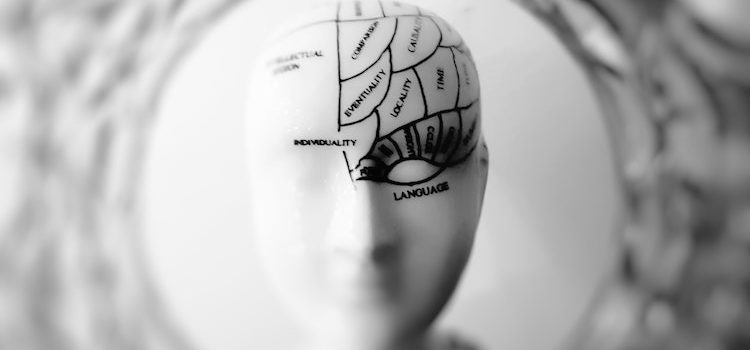What is Jay Heinrichs’s Thank You for Arguing about? What is the key message to take away from the book? In his book Thank You for Arguing, Jay Heinrichs explains not only how to persuade people to do what you want, but also how to help opposing groups find common ground, get a bully to talk himself down, and spot the faulty logic others use to manipulate you. He also discusses the importance of teaching rhetoric in schools. Here’s a brief overview of the key themes.
Jay Heinrichs: Thank You for Arguing—Book Overview










